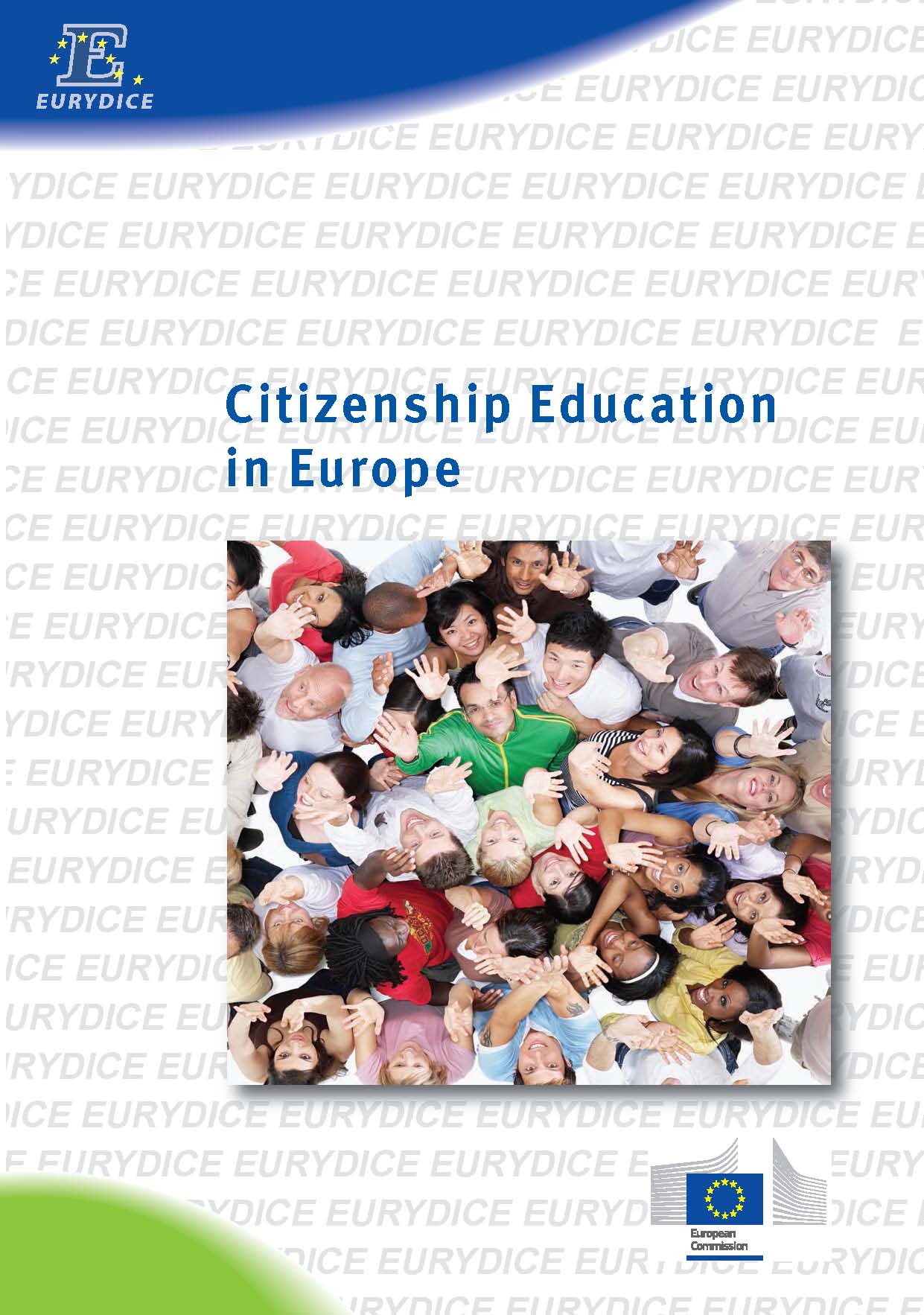In the light of these policy developments, the present Eurydice report aims to capture how policies and measures relating to citizenship education have evolved over recent years in European countries. It focuses on the following areas which are integral
to the provision of citizenship education:
– Curriculum aims, approaches and organisation
– Student and parent participation in school governance
– School culture and student participation in society
– Student assessment, school evaluation and education system performance
– Education, training and support for teachers and school heads
This report relies on the conceptual framework established in the previous study on the same topic produced by the Eurydice network (Eurydice, 2005), which itself was inspired to some extent by the Council of Europe definitions in its Education for Democratic Citizenship project. As with various other research works in the field of citizenship education, this report derives from an evolved conception of citizenship, acknowledging the fact that it goes
far beyond the simple legal relationship between people and the state. This conception of citizenship, which extends to citizens’ participation in the political, social and civil life of society, is based on respect for a common set of values at the heart of democratic societies, and can be found in the definition of ‘active citizenship’ (Hoskins et al., 2006)promoted at European level.




